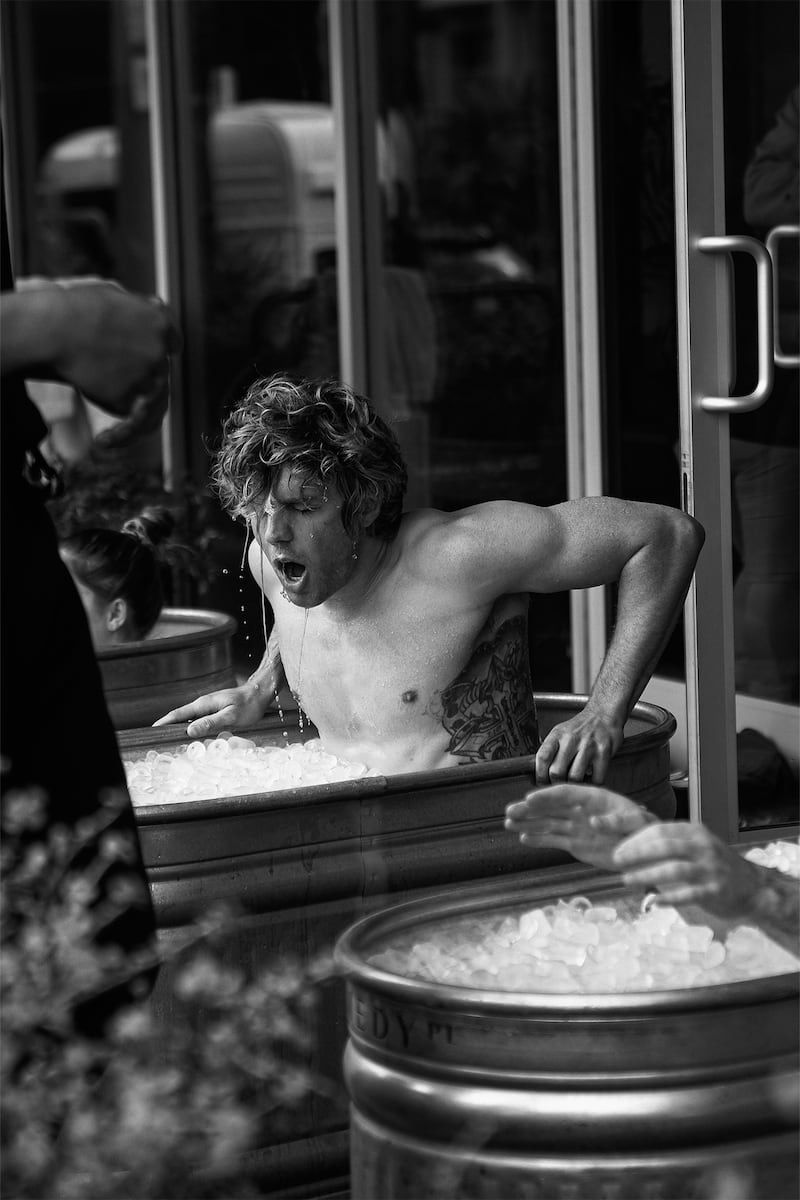Embraced by the beauty industry, wellness evolved in 2024 as brands bet on which new developments are overhyped fads versus long-term paradigm shifts.
Beauty giants continued to invest in wellness, with retailers like Ulta Beauty ramping up their product offerings. After last yearâs surge in microbiome-related investments, longevity was hot for top conglomerates in 2024. LâOréal Group invested in the longevity biotech brand Timeline at the start of the year, while Estée Lauder Companies continued its longevity-focused partnership with Stanford and LVMHâs Dior convened its International Reverse Aging Scientific Advisory Board for the second time.
2024 was also the year that wellness companies convinced a growing contingent of male consumers to look beyond their after-gym protein powder. While wellness has long been associated with women, fitness-focused men have been discovering the wider health world thanks to tech bro-endorsed concepts like nootropics and âbiohacking.â While infertility-related wellness products have long targeted women, the industry began to bring men into the conversation this year. Equinox and other gyms began rolling out luxury longevity memberships aimed to increase âhealthspan,â while Remedy Place has been expanding to new locations with its signature treatments such as cold plunge and infrared light.
But the industry continues to face a credibility issue. As GLP-1 medications have become increasingly intertwined with beauty, an entire âOzempic economyâ has popped up in the wellness world. Supplement brands have made dubious claims implying or outright stating that theyâre alternatives to FDA-approved drugs, receiving backlash from others offering fiber and protein powders rebranded as support systems specifically for those taking the medications.
Tendencies toward extreme claims are likely to continue as wellness-obsessed Robert F. Kennedy Jr. has been nominated to lead the Department of Health and Human Services under the incoming Trump administration. RFK Jr. pledged to encourage a wide range of wellness trends that range from offbeat to downright dangerous, and his ascendence hints at changes in wellness to come. Next year, brands will have to figure out how to sell credibility to consumers in a world where the meaning of that term is increasingly disputed.
Top Stories
The Death of the Detox: Gen-Z are not into all-or-nothing health practices â the hallmarks of wellness that have become cornerstones. Whatâs left is something far more subversive.

Wellness Wants in on the Ozempic Economy: From supplements to workout plans, the term GLP-1, the hormone associated with Ozempic, is popping up on a widespread range of new products as wellness brands join in on the weight loss drug boom.

Raw Milk: The Influencer Wellness Fad With a Side of Bird Flu: Inspired by the âtradwifeâ set, formerly vegan wellness influencers and models have traded in their plant-based beverages for unpasteurised milk â but positive bird flu tests show that its risk is rising along with its popularity.

Can Anyone Conquer the Big Business of Sleep?: As awareness grows about the perils of sleep deprivation, beauty and wellness brands are flooding the market with an array of products to cash in on the booming opportunity.

How âAnti-Spasâ Sell Wellness to Men: Remedy Place, a luxury social wellness club, has completely rebranded the spa experience via athletic recovery with an eye on the male demographic. The company has an ambitious retail and product expansion plan.

RFK Jr. Is Poised to Be Americaâs Wellness Influencer-in-Chief: While doctors are alarmed about RFK Jr.âs views on vaccines, parts of the wellness world are embracing Trumpâs pick for Health and Human Services secretary.

Facing Wellness Overload, Supplement Brands Get Creative: After a period for oral supplements, market changes in funding and the consumer landscape require wellness brands to adapt their businesses to keep growing.

